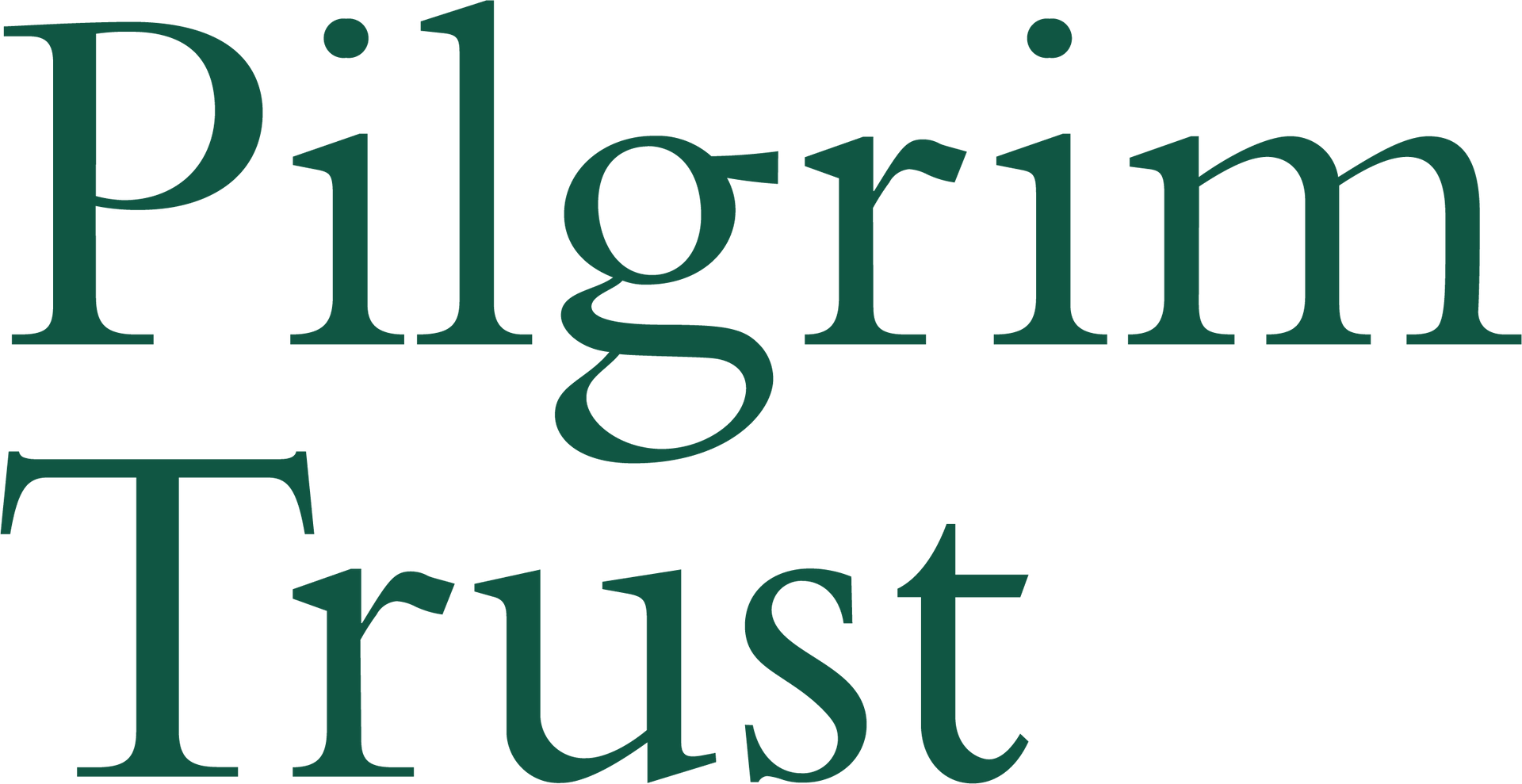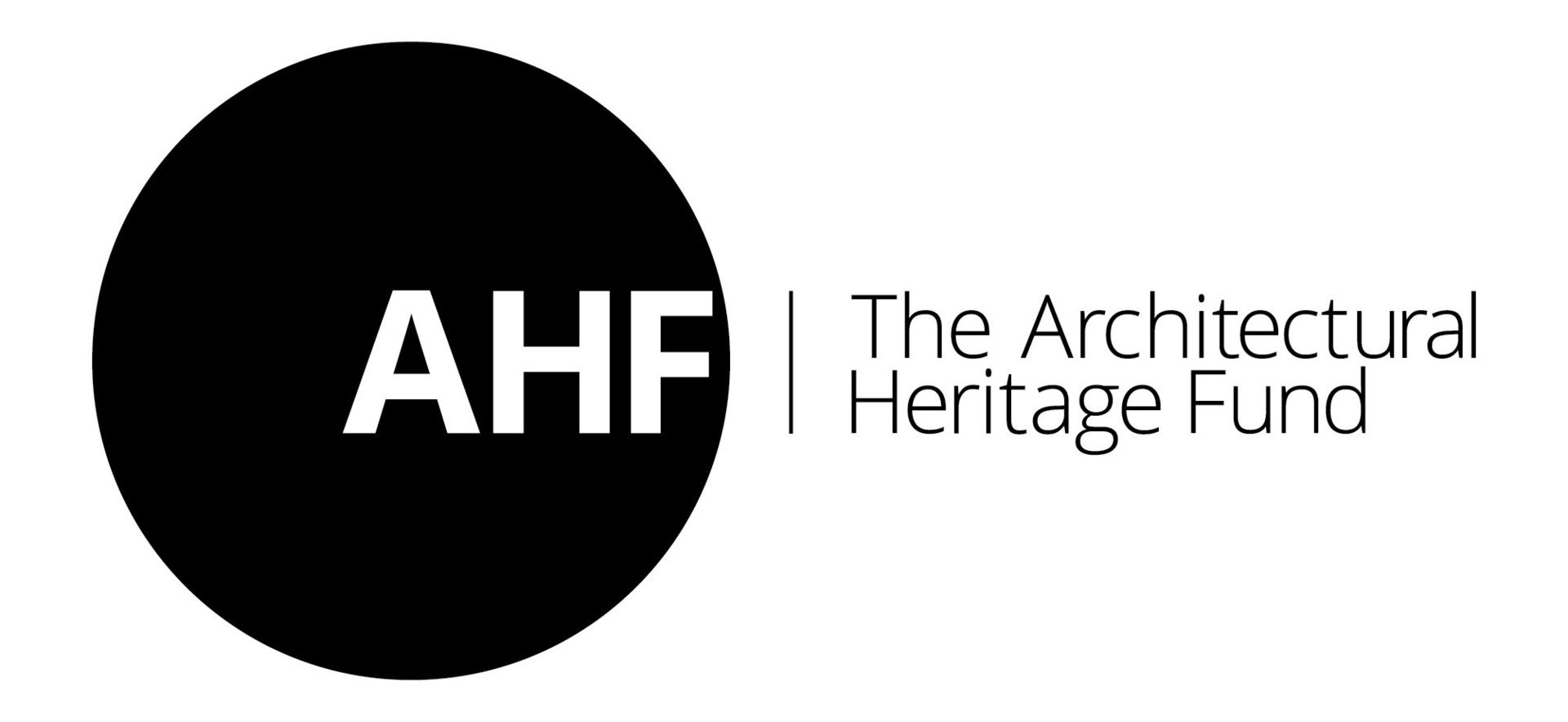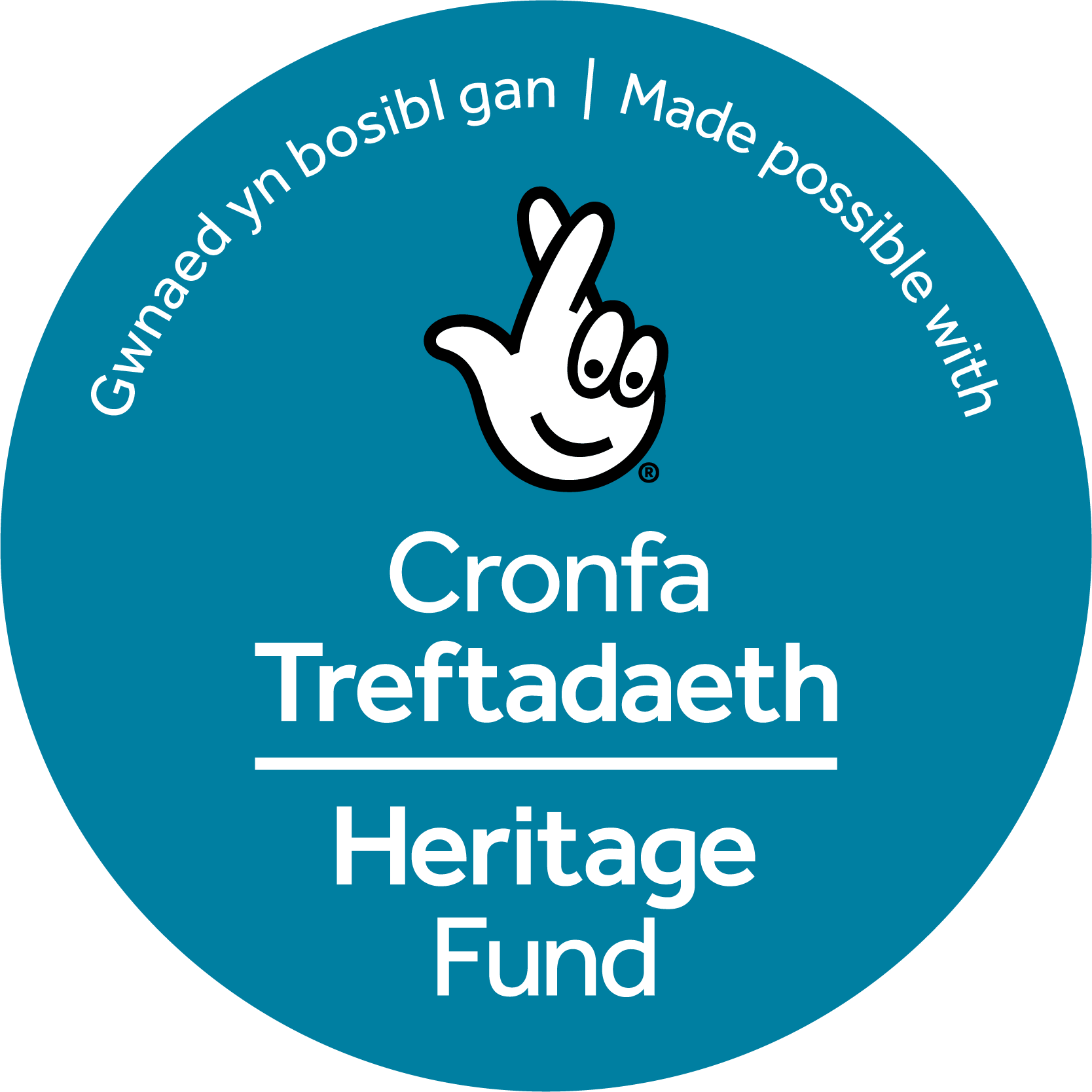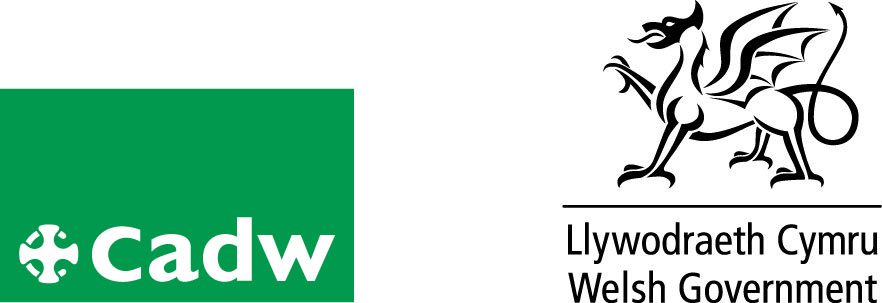Riding into Abergavenny 1680
by Dr G M Wakley
William Morgan
(1) was impatient and tired, sitting on his horse where the road up from the Lord’s Mill below the Castle Walls in Mill Street led to the narrowed entrance through the South Gate on Cross Street. A flock of sheep was making its disorganised way through the gateway towards him and he was stuck behind a cart waiting for entrance into the town.
On Monday, he had travelled by trow
(2) to Chepstow from Bristol after organising the purchase and delivery of wine for the Greyhound tavern. He could not, of course, travel on the Sunday as that was forbidden to all except those with a permit from the magistrate, although he had finished his business by then and would have liked to have got back home. He had had to wait for the tide to settle on the Severn River and the flat-bottomed boat had been tossed by the choppy water but speeded by the wind in its sails.
After a night at Chepstow, he had retrieved his horse from the stables where he had left her and ridden to stay overnight at Usk at his brother’s house. The tracks were muddy after the rain and progress was slow in the poorly kept surface. He was sometimes held up by carters pulling their carts around a deeper rutted area, but apart from among the small groups of houses, he had seen few people on his way. The bridges were all passable fortunately, but a few of the fords were treacherous because the streams were so full. Some of the tracks were almost overgrown with the new vegetation of the spring, but who was going to cut them back until they needed the wood for burning? Coming up past the small, mean houses in Mill Street he had threaded his way past carts and people and wrinkled his nose as he passed the tanning pits. Now he was waiting for entrance to Abergavenny town and nearly home.
After riding in the quiet of the countryside, the noise of the town was overwhelming. Men shouting, children running and screeching, pedlars announcing their goods, and women trying to make themselves heard over the noise of the bleating of the sheep and the instructions of the shepherd to his dog. The carts which had made little noise on the earth tracks outside the towns, now clattered on the cobbles, where they were not covered with a layer of rubbish.
He was used to the smells of the middens
(3) , the dung in the streets, and the smoke from the fires but the sharp, rank smell from the sheep milling around him made him catch his breathe. They had obviously been penned up in the sheep market in Castle Street for some time awaiting collection by their new owner and their fleeces were matted and soiled. He wondered briefly if there was any way that all animals could be made to come in and out through the West Gate – after all most of them were overnighted in Castle Meadows or Grofields before being sold in the sheep and horse markets in Castle Street and the cattle market in Rother Street
(4) . But then, how would the cattle make their way up towards Hereford and the longer journey towards the London markets? No, the animals had to come through the town.
William had the urge to scratch the bites from the fleas and lice; there was no escaping them when you stayed in taverns. His mud-spattered clothes felt stiff, but at least they kept him warm in the biting cold wind that still persisted into this late spring. He looked across to the grimy lower windows of Gunter House, placed imposingly just below the gate on Priory land. A man was just entering the street door – going to see the attorney on business from the look of his bearing. He thought wryly of the attorney, Thomas Gunter, who had paraded his Catholic faith like armour against change, as had his father before him. William himself had been careful to keep to a middle way, to worship as the Lord Protector had, or the king now required. He attended St Mary Priory Church, the parish church, most Sundays, often enough to appear conforming but not so often as to appear zealous.
Mind you, that was a bad business all round with Father David Lewis, best not mentioned aloud. A good and caring man by most accounts, taken by that fanatic John Arnold. They said that he had been holding Catholic masses in Thomas Gunter’s house and that did seem likely, given Gunter’s opinions. The priest had been taken and held briefly in Abergavenny before being transferred to Usk, taken back and forth to London to make him recant his Catholic faith and then last August he was hanged. Thomas Gunter was quieter these days, concentrating on his attorney’s business. But, he thought more cheerfully, Gunter liked a glass or two of red wine, as well as his home brew, and that was good for business.
At last the sheep were through and he could continue on his way. He glanced disdainfully at the old fashioned looking Sun Inn on his right just inside the South Gate, with its board in need of repainting. The Greyhound tavern was much smarter and patronised by gentlemen who wanted to sample the latest wines, not just the local ale of the house with its smoky flavour from local kilned barley. But it did take a lot of work to arrange the purchase and safe delivery of wine. The oak barrels had to be packed in straw to protect against the jolting from the rutted tracks and making sure that the load was well-guarded from thieves was always a challenge. He was hoping that the new vintner who had set up in Cross Street and had a part share in the Angel, would take on this arduous task, although then he would miss going to Bristol and hearing all the latest news. The Greyhound was well placed for gentlemen being on the High Street and opposite St John’s Lane. The lane led to the Henry VIII Grammar School in the old St John’s Church where the sons of gentlemen attended.
There seemed to be many more of the merchants and professionals in the town than he remembered from his apprentice days - attorneys, physicians, surgeons, clergymen and teachers. They, together with the few well-off tradesmen and craftsmen of the town, like the printers, flannel dealers and wheat wholesalers, were keen to make useful connections whilst enjoying a glass of wine in a comfortable tavern. Mind you, some of the older customers preferred to drink the metheglin that his wife made from honey and herbs.
William rode up Cross Street with its tightly packed houses, filled with merchants, tradesmen, craftsmen and taverns. The boards swung in the breeze above the buildings mostly with their gable ends to the street and running back to their plots at the rear, some with long narrow passages between. He went past the cross roads with Castle Street to his left and Monk Street and the East Gate leading to the Priory Church to his right. He glimpsed a pig wandering free along the road and thought it would soon be rooting around in the churchyard. That is, until the sexton took it to the Pound in Castle Street to be reclaimed by its owner after payment of the fine for the damage. He swung aside, shouting, to avoid the kitchen refuse collector leading his horse down with the cart behind, already stinking.
He passed by the narrow side of the Market House in the middle at the top of Cross Street, where by this time of day, they were clearing out the blood and muck from the morning butchers’ market. The butter market above had long since finished. He turned down Little Lane(5) to the right and looked down to where it led on through the town wall and the small gate to the boggy meadows around the Cibi Brook. He turned left into the yard of the Greyhound and an ostler ran up to take his horse. He dismounted stiffly and walked with his saddle bags into the back of the tavern. Home at last.
Footnotes
(1) This name is one that frequently appears in records of this period for Abergavenny. The publican of the Greyhound at this date is unknown.
(2) A flat bottomed boat with a dismountable mast.
(3) Refuse heaps.
(4) Rother Street became Nevill Street.
(5) Little Lane became Traitors Lane and then Market Street.







